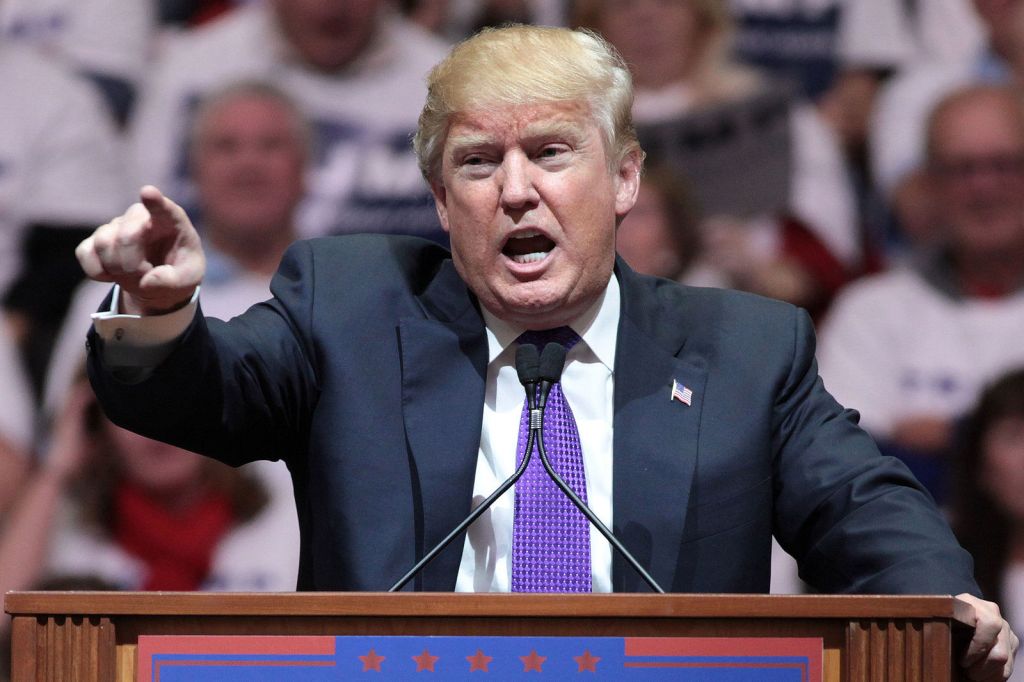The term American exceptionalism had surfaced and re-surfaced frequently in political debates about the American politics. Notwithstanding varying definitions and conceptualization it had a constant component of it that it referred to the exceptionalism of the American case vis-vis other nations. However, America under trump has a different form of that exceptionalism however, vis-à-vis America itself.
Well from the very beginning, the rise of Trump, a businessman, a real estate tycoon with no previous experience in holding elected office to the highest office in the land represented an ‘ideal-type’, so to speak, moment of anti-establishment. Moreover, aside from this anti-establishment component of his rise to power, increasingly his term signaled a significant shift in the political discourse both domestically and abroad. In fact, it’s a widely accepted conviction that his presidency represented a contrast to the value system and rhetoric the US had more or less employed for decades. the position often referred to as “leader of the free world” with trump filling it had manifested blatant ableism, racism, sexism and xenophobia. And in the realm of governance trump as well proved to be as exceptional. He introduced some of the most controversial policies in the modern American history, deviated from long standing American diplomacy, was accused of collusion with Russia and was impeached for abuse of power. Quite interesting is that each of these acts happened in a 4 years’ time, his first term.
Another face of that mutated exceptionality is what is growingly known as trump’s revolving door. That term came to refer to the record high turnover rate among trump administration staff. Maybe it was crowded out by the other more imminent aspects briefly outlined above. In fact, there are three other salient features of his firing and hiring other than the turnover. 1) his leaning towards building up a cult not a body of advisors. The biggest example of that was him employing his daughter Ivanka in an official White House role, an advisor. At the time, 41% of Americans strongly opposed that. This move was further complicated by appointing Jared Kushner, Trump’s son-in-law and Ivanka’s husband, as an advisor to the president. 2) anti-scientism moves. During its first two years in office, the administration showed more than 1,600 federal scientists the door, most notably “social scientists, soil conservationists, hydrologists and experts in the physical sciences — chemistry, geology, astronomy and physics,” according to a recent Washington Post investigation. 3) vacancy mess and a phenomenon of acting filling. Because of the very high turnover and the choice of new appointments from inside the pool of current appointees to fill the positions there is what is also growingly vacancy mess. At any given point, trump administration will have both more vacancies and more acting positions than other administration. In fact, trump perceives that in a very positive light. “We have acting people. The reason they are acting is because I’m seeing how I like them, and I’m liking a lot of them very, very much. There are people who have done a bad job, and I let them go. If you call that turmoil, I don’t call that turmoil. I say that is being smart. That’s what we do.” 4) It had been showcase for scandal-ridden high-profile departures or an exit-in-protest.
However, the high rate of turnover is the most important feature of that hiring and firing process. It’s very interesting that Several Trump appointees like National Security Advisor Michael Flynn, White House Chief of Staff Reince Priebus, White House Communications Director Anthony Scaramucci, and Secretary of Health and Human Services Tom Price have the shortest-service tenures in the history of their respective offices.


